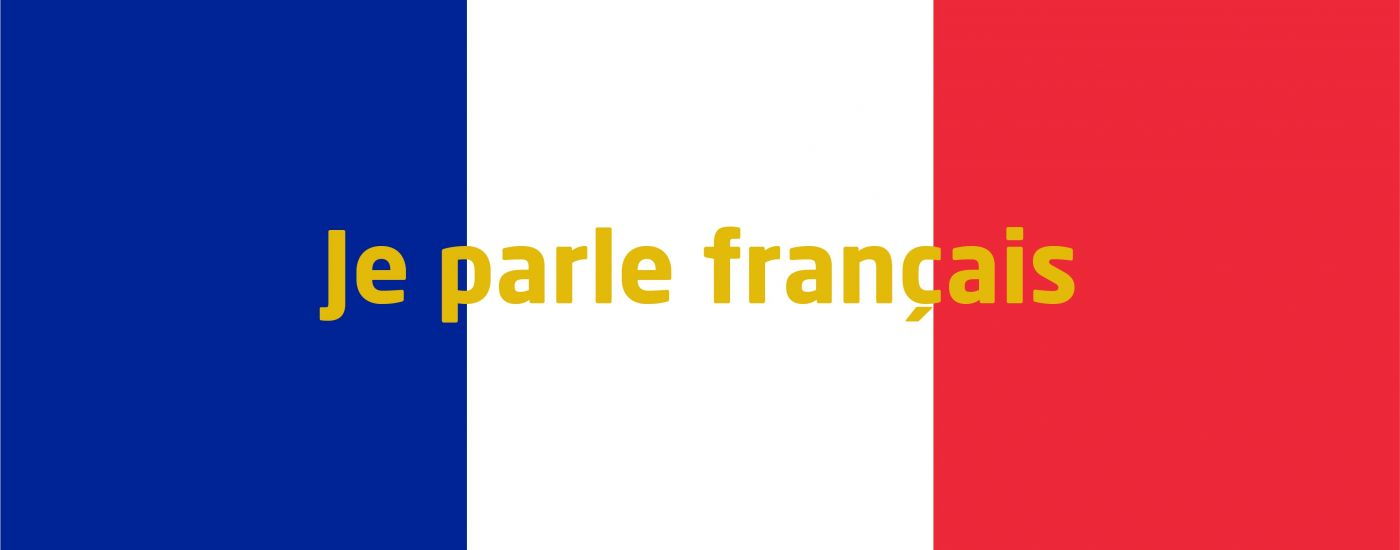Are you feeling the yearning for learning French? Does the thought of speaking one of the most romantic languages in the world kindle a spark within you? Or maybe you have dreamed of walking along the Champs-Élysées in a beautiful afternoon or savoring a croissant dipping in a hot chocolate in a cozy Parisian café. Whatever your motivation is, if you have chanced upon this article, it is a clear signal that you are in position to take the first step in learning French.
As a beginner, I started learning French using Duolingo. However, I found that Duolingo was not an effective way for me to acquire the language. After 3 months, I felt like I lacked a structured system for practicing language skills.
After a little bit of digging, I discovered these methods for myself. I should admit that learning French vocabulary can be quite a challenging, yet rewarding experience. While it may be difficult to remember gendered nouns, homophones and multiple-meaning words, learning French can sometimes be easier thanks to the many English words borrowed into French, which often have similar spellings and meanings. So, how can we acquire and retain new words over time?
First, knowing the meaning of a word is just the first step. Expand your knowledge by developing a mind map surrounding those words. French has such a wide array of related words, including synonyms, antonyms, and so on. Then, when you learn a new word, try to be diligent by taking the time to look it up in the dictionary and explore its related words. This method is powerfully useful when it comes to reading comprehension and listening exercises, where acknowledged synonyms play a pivotal role in grasping the full context, especially for those who prepare for the DELF B2 exam.
For example, the verb “recruter qq’un” (to hire someone) expresses the same meaning as “embaucher”. In contrast to hiring someone, the opposite verb is “licencier qq’un” (to fire someone), should come to your mind.
Second, French is full of exceptions. For instance, most French words ending with “e” are feminine, however, there are particular exceptions, such as “l’incendie” (a fire), or “le musée” (a museum), which are masculine. Moreover, various nouns have different meanings, and a single verb can be nominalized into several related nouns. Acquiring these exceptions takes a great deal of patience and practice. It cannot be mastered in just weeks or months; it is a continuous process. Therefore, to build your knowledge, engage yourself in the culture, from texts like vocabulary apps, online short articles, and easy novels (such as The Little Prince), even watching French films and listening to French music (it is quite good btw). Gradually, your vocabulary and responsiveness to French will expand naturally.
Third, there are numerous apps available to practice French. In my opinion, 1 jour, 1 question is excellent for reading articles and watching videos with subtitles. This app provides insights into French culture, covering topics from history and memorable events to culinary traditions, while also helping you learn new vocabulary. It is important to start with simpler content and gradually progress to more complex materials. Other apps I find helpful in my French learning journey include Falou, Busuu, and Mondly. Their lessons are systematically structured and cater to beginner and intermediate levels, making them great starting points.
Above are my personal notes for learning French. Of course, learning any foreign languages requires dedication, effort and a variety of customized strategies. The key here is to find the way that best suits you and stay consistent with it. Happy learning!





